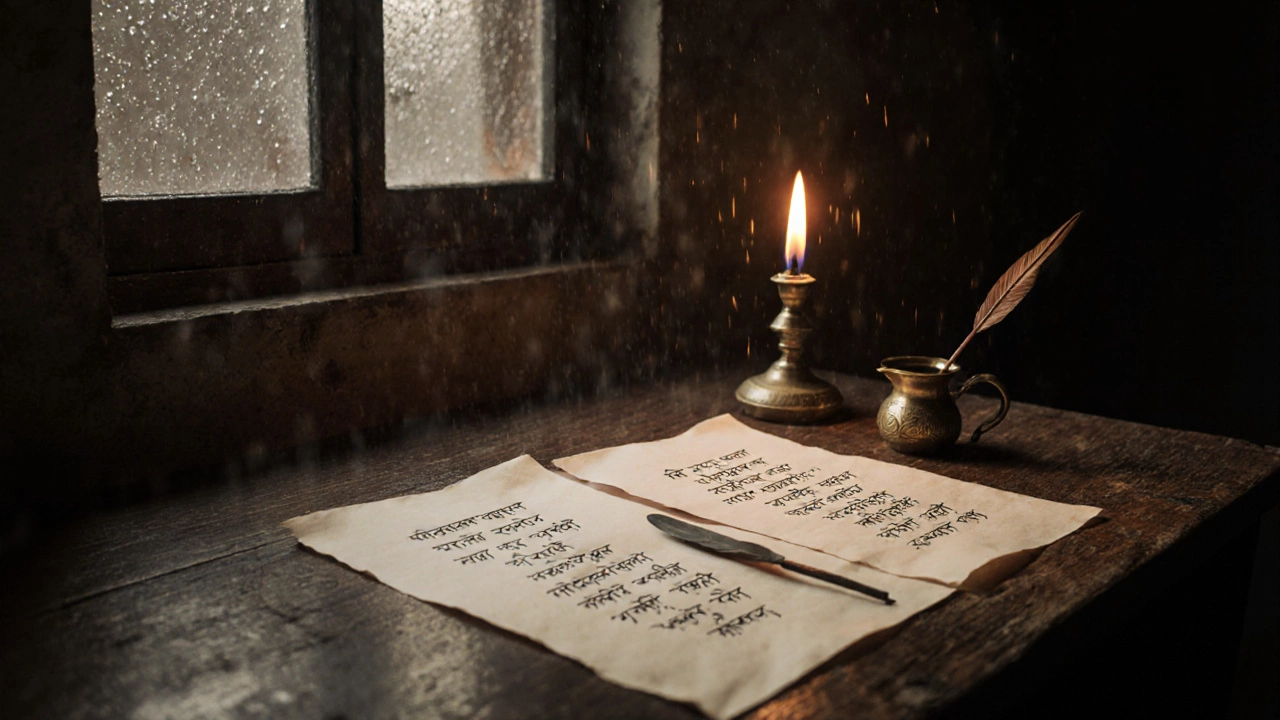Melancholy Poems – Deep Feelings in Verse
When exploring melancholy poems, poems that capture sorrow, longing, and reflective moods. Also known as sad poetry, they often blend personal loss with universal themes. Melancholy poems encompass themes of loss, memory, and quiet introspection, and they require emotive language to connect reader and writer. Below we’ll unpack what makes these verses tick.
How Poetry Shapes Melancholy
At its core, Poetry, a literary form that uses rhythm, imagery, and concision to convey emotion gives melancholy poems their structure. The compact lines and vivid metaphors let writers pack sorrow into a few words, turning personal grief into shared experience. Poetry provides the framework that melancholy poems rely on, turning raw feeling into artful expression.
One historic voice that still guides the genre is John Keats, a Romantic poet famous for his delicate balance of beauty and sadness. His famous “Ode on Melancholy” shows how a poem can celebrate and mourn at once. John Keats influences melancholy poems by showing how beauty can coexist with pain, a lesson many modern writers follow.
Across the subcontinent, Indian poets, writers like Kabir, Ghalib, and contemporary voices who blend cultural depth with personal emotion bring regional flavor to melancholy. They use native idioms, classical meters, and local imagery to turn grief into a shared cultural story. Indian poets adapt melancholy themes to local culture, creating verses that feel both intimate and communal.
Short verses, too, play a big role. A well‑crafted couplet or quatrain can deliver a punch of sadness in a flash, making melancholy poems perfect for social sharing and quick reflection. Whether you prefer a sprawling ode or a tiny two‑line sigh, the core idea stays the same: convey deep feeling with economy.
In the list that follows you’ll find a mix of practical guides, classic analyses, and fresh creations that illustrate these ideas. From how to write a melancholy short poem to a deep dive into Keats’s most somber work, the selection below gives you tools, inspiration, and concrete examples to explore this timeless genre.
- Arjun Bhardwaj
- 24-10-25
- Sad Poetry
Names for Melancholy Poems - Indian Sad Poetry Terms
Discover the Indian names for melancholy poems-Udasi, Shok, Virah, Karuna-plus their meanings, history, and how to find each type.
Details